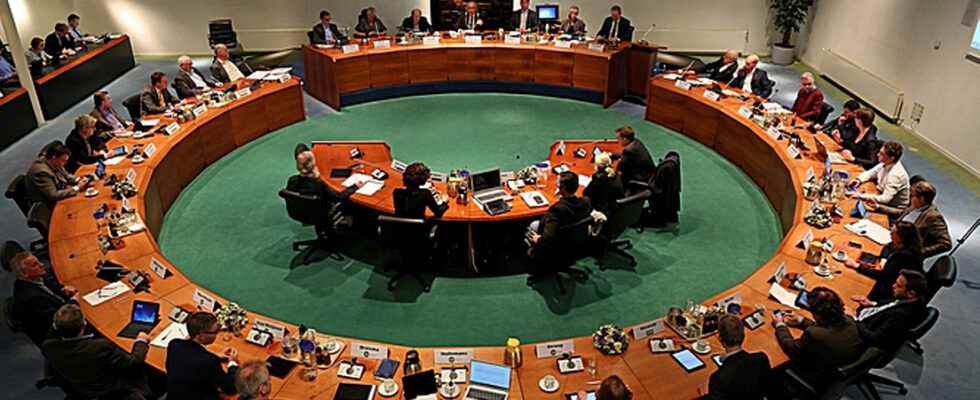PROVINCE OF UTRECHT – Last Wednesday, all Dutch citizens entitled to vote were able to cast their vote. Most of the votes have now been counted and the parties can focus on forming a coalition. Perhaps that is not so easy. Due to a large number of new parties, there has been a real fragmentation in politics.
Lecturer and researcher Harmen Binnema of Utrecht University explains that this is not new, but that it has increased. “We already saw this in 2018. We saw then that a lot of small parties were represented.” For example, the researcher says that voters in many places have a choice between 15 to 20 parties.” Almost for every opinion there is a party or to be founded one for it. you that shattering.”
When Binnema is asked whether this is a good development, he says that it is always good that people have so much choice, but there is also a downside. “It can be difficult if a coalition has to be formed. It is possible that in some municipalities five or even six parties are needed to form such a coalition. This is difficult for governance.”
Locally Important in Leusden
An example of this is Leusden, where the local party Lokaal Important went from zero to seven seats. According to the researcher, it may be difficult for such an inexperienced party to manage. “That is quite complicated, especially if you are not really at home in town hall yet and also do not know how the other parties work. That seems quite a challenge to me.”
Binnema does think it is a good thing that the largest party takes the initiative in these council negotiations. “Yet I can also imagine that parties think that they are first in the opposition for four years in order to master politics. On the other hand: if you get so much support from your voters, it is also logical to go co-manage.”
Utrecht coalition
GroenLinks and D66 once again became the largest parties in the city of Utrecht. Although they made a breaking point during the Rijnenburg polder campaign, Binnema thinks it would be useful for these two parties to once again govern together. “They have also managed together for the past four years and then in practice they came out quite often.” In addition, he thinks it also seems logical that they both return to the new college in Utrecht. “I assume that in addition to the Rijnenburg polder, they also want to get a lot of other things done for the city of Utrecht.”
Many local parties were successful in these municipal elections, but this is certainly overshadowed by the turnout, which was again very low. Binnema suspects that this had to do with the war in Ukraine. “The realization that elections were coming up was somewhat less. We have also seen less campaigning on the street as a result, and certainly on television it has focused on many other things. We see a downward trend in attendance and that is worrying.”
